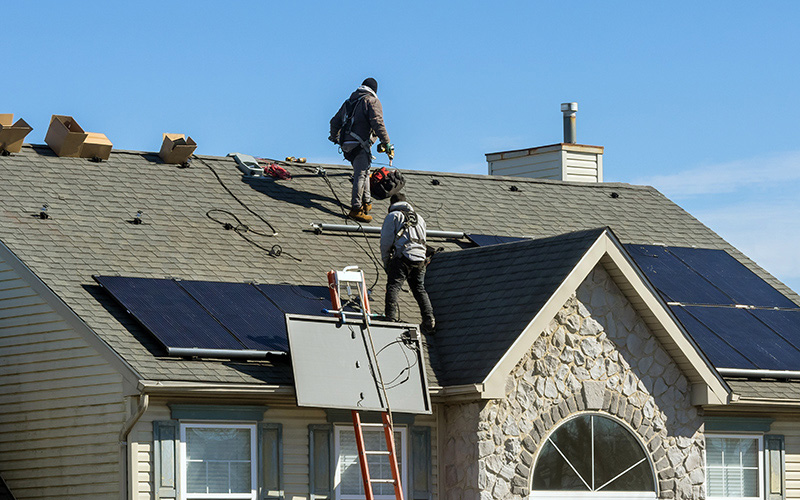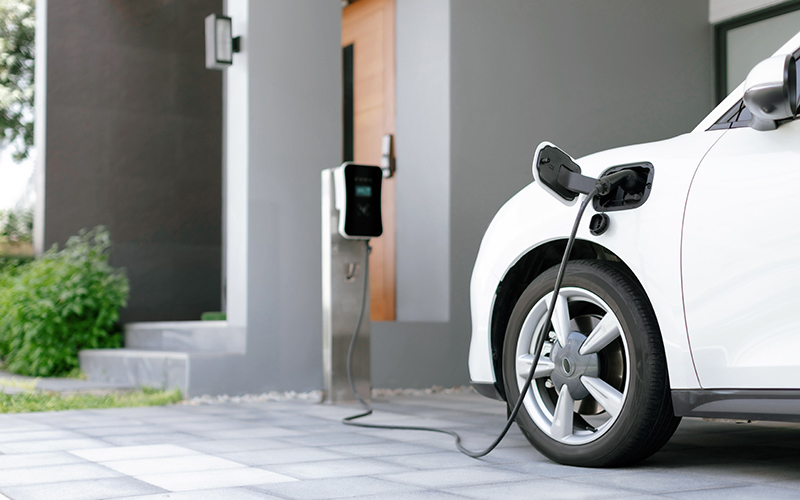The Virginia Property Owners Association Act defines how homeowners associations operate across the state. It outlines the powers of boards and the rights of owners. Board members and homeowners need to understand this law to ensure compliance.
What is the Virginia Property Owners Association Act?
The Virginia Property Owners Association Act is part of the Code of Virginia, located in Title 55.1, Chapter 18. Lawmakers created this statute to regulate associations that govern planned communities. These associations manage common areas and other shared elements.
Homeowners associations have legal authority under this Act. If a community records a declaration stating it is subject to the POA Act, it becomes legally binding. Homeowners in that association must follow the rules and pay regular dues.
Also referred to as the Virginia Home Owners Association Act, the POA Act only applies to communities that record a declaration with their local circuit court. If no declaration exists, the community is not bound by the law.
Key Features of the Virginia Property Owners Association Act
The POA Act outlines several core areas of governance and operations. Here are some of the most important sections.
1. Creation and Powers of the Association
The Act outlines the process by which an association is established and the powers it holds. Associations can collect assessments from homeowners (Section 55.1-1805) and enforce rules and covenants (Section 55.1-1819). It also states that HOAs can enter into contracts (Section 55.1-1815).
These powers allow associations to function much like a small government. They help preserve property values and keep the community running smoothly.
2. Board of Directors and Voting Rights

The law outlines the process by which boards are elected and the powers they hold. It also requires open meetings and transparency. According to Section 55.1-1816, owners can attend board meetings and provide comments (except executive sessions).
Similarly, Section 55.1-1815 states that homeowners must have access to the association’s books and records. This helps prevent abuse of power and keeps the board accountable to the homeowners.
3. Rule Enforcement and Due Process
The POA Act grants associations the authority to enforce their rules. That said, it also protects homeowners by requiring due process. According to Section 55.1-1819, the board must give owners ample notice of violations.
The HOA board must also offer an opportunity for a hearing where owners can present their side. Furthermore, the same section states that the board must provide a written account of their decision.
4. Assessment Collection and Liens
The Act gives associations the authority to collect regular and special assessments. If a homeowner does not pay, the association can:
- Charge late fees and interest (Section 55.1-1805)
- File a lien on the property (Section 55.1-1833)
- Pursue legal action (Section 55.1-1833)
There are rules in place to protect homeowners from potential abuse of power. Associations must also follow proper procedures before recording a lien.
5. Restrictions on Rulemaking
Associations can’t create rules that conflict with the POA Act or other laws. According to Section 55.1-1819, the board must reasonably adopt rules. The board must also notify owners of any proposed rule changes and allow owners to provide their input before adopting the rule.
6. Other Provisions
Other notable points covered by the Virginia Property Owners Association Act include:
- Fidelity Bond Required. Associations that collect assessments must carry and maintain a fidelity bond or employee dishonesty insurance policy (Section 55.1-1827).
- Reserve Study Required. The HOA board must perform a reserve study at least once every five (5) years, review this study every year, and adjust its budget to maintain reserves (Section 55.1-1826).
- Annual Report Required. Associations must file an annual report in accordance with the regulations of the Common Interest Community Board and pay the accompanying fee (Section 55.1-1835).
Unenforceable HOA Rules
The Virginia Property Owners Association Act establishes some rules that an HOA may not enforce. Predominantly, these provisions prohibit associations from instituting an outright ban but allow for reasonable restrictions.
1. U.S. Flag Restrictions
According to Section 55.1-1820, HOAs cannot prevent homeowners from displaying the American flag. While associations may regulate flagpole height or placement, they cannot ban the display of the flag altogether.
2. Solar Panel Bans

As per Section 55.1-1820.1, HOAs cannot completely prohibit the installation of solar energy devices. They may establish reasonable rules regarding aesthetics or location, but a total ban would violate state law.
3. Home-Based Business Prohibitions
Section 55.1-1821 states that rules that ban all home businesses are invalid. Homeowners can operate lawful, low-impact businesses from home if they meet local zoning laws. Associations may still regulate signage, noise, or traffic.
4. For Sale Sign Bans
According to Section 55.1-1822, homeowners have the right to display a “For Sale” sign on their property. An HOA can regulate the size and location of signs, but it cannot prohibit signs entirely.
5. EV Charging Station Bans

As per Section 55.1-1823.1, homeowners are allowed to install electric vehicle charging stations on their property. That said, HOAs can set placement or design rules but cannot enforce a full ban.
Common Issues Under the POA Act
Even with the POA Act in place, conflicts can still happen. Some of the most common problems include the following:
- Disputes Over Rules. Sometimes, owners challenge a rule they feel is vague, unfair, or improperly adopted. The act helps resolve these situations by requiring proper procedures.
- Fee Disagreements. When owners fall behind on dues, associations may take legal action. Disputes often arise over fees, lien notices, or payment plans. The act outlines steps associations must take.
- Transparency Concerns. Owners may feel the board is not sharing enough information. The act provides access to certain records, but some boards are slow to respond. These delays can create mistrust.
The Importance of HOA Attorneys
The Virginia Property Owners Association Act is complex, and interpreting it can be challenging. Fortunately, HOA attorneys help boards and members understand what the law requires.
These attorneys can clarify vague language or definitions and interpret how state law applies to specific governing documents. Additionally, they can advise boards on enforcement and compliance based on legal precedent. Ultimately, attorneys can ensure that the HOA adheres to due process when resolving disputes.
Attorneys also help boards avoid legal pitfalls. They keep associations up-to-date on new amendments and court rulings that may affect operations. By working with an HOA attorney, boards can rest easy knowing their decisions and actions align with the law.
Professional Help
The Virginia Property Owners Association Act protects homeowners and guides boards in their duties. Understanding this law is no walk in the park. While an HOA attorney can help with this, an HOA management company also offers legal assistance and guidance.
National Realty Partners is a leading provider of HOA management services in Virginia. We help communities thrive. Call us today at 703-435-3800 or request a proposal online to get started!
RELATED ARTICLES:
- HOA Attorney: How Can They Help The Association?
- What The Virginia DPOR Means For Your HOA
- The Impact Of Federal Laws On HOAs
